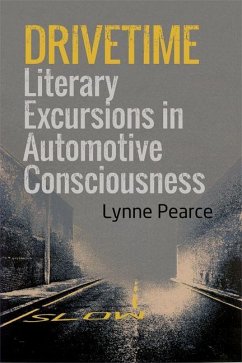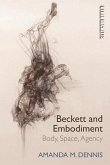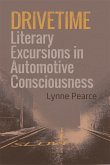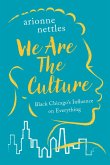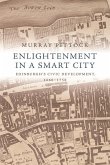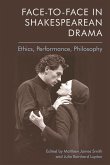Engages literary texts in order to theorise the distinctive cognitive and affective experiences of drivingWhat sorts of things do we think about when we're driving - or being driven - in a car? Drivetime seeks to answer this question by drawing upon a rich archive of British and American texts from 'the motoring century' (1900-2000), paying particular attention to the way in which the practice of driving shapes and structures our thinking. While recent sociological and psychological research has helped explain how drivers are able to think about 'other things' while performing such a complex task, little attention has, as yet, been paid to the form these cognitive and affective journeys take. Pearce uses her close readings of literary texts - ranging from early twentieth-century motoring periodicals, Modernist and inter-war fiction , American 'road-trip' classics , and autobiography - in order to model different types of 'driving-event' and, by extension, the car's use as a means of phenomenological encounter, escape from memory, meditation, problem-solving and daydreaming.Key FeaturesBrings Humanities-based perspectives to bear upon topical debates in automobilities research Introduces a new concept for understanding our journeys made my car by focusing on the driver's automotive consciousness rather than utility/function Makes use of auto-ethnography to explore and theorise automotive consciousnessDraws upon a rich archive of literary texts from across the twentieth-century including original research into unknown writers featured in the early twentieth-century texts/motoring periodicals
Dieser Download kann aus rechtlichen Gründen nur mit Rechnungsadresse in A, B, BG, CY, CZ, D, DK, EW, E, FIN, F, GR, HR, H, IRL, I, LT, L, LR, M, NL, PL, P, R, S, SLO, SK ausgeliefert werden.

